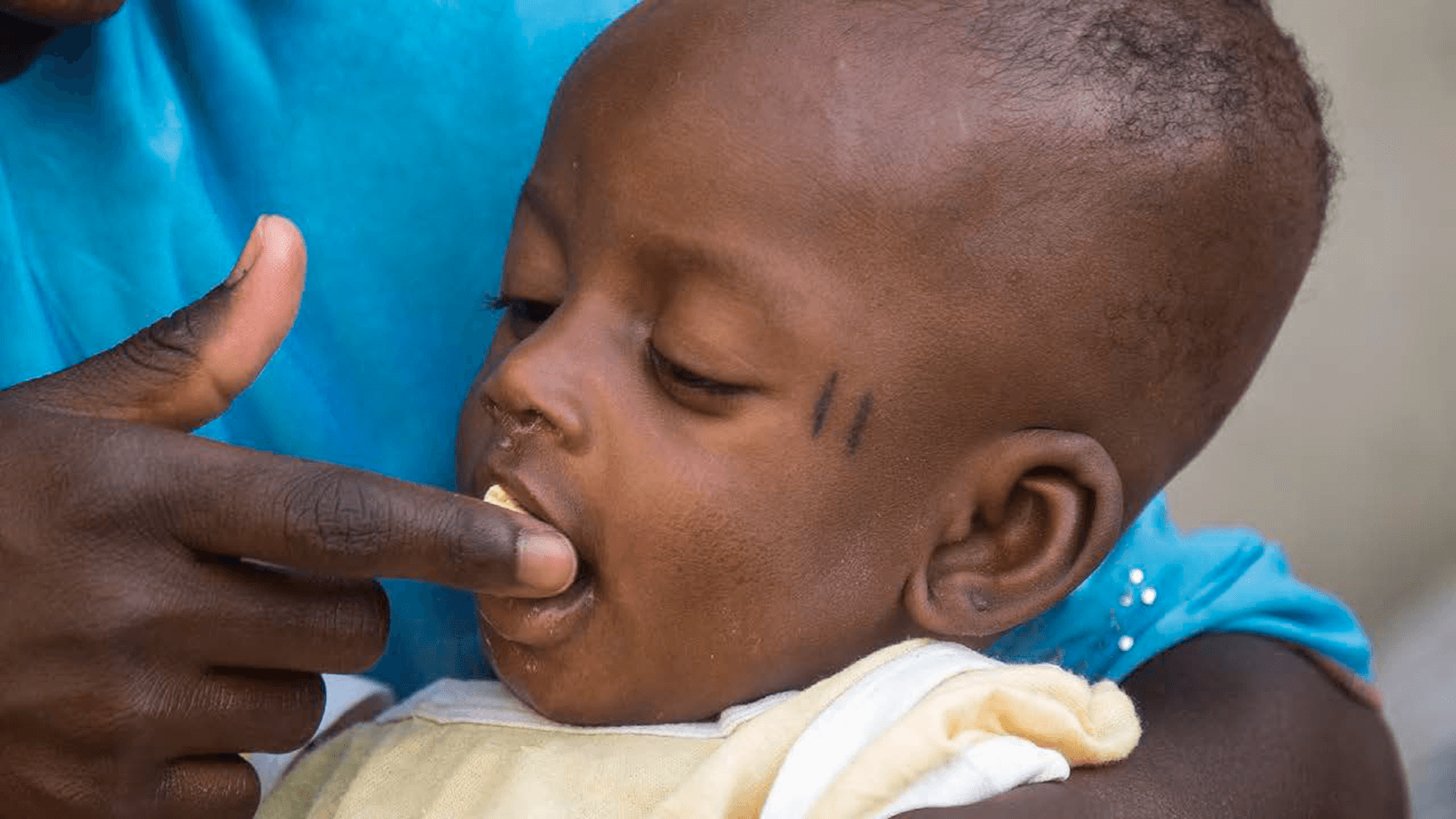Combating severe acute malnutrition
among children through primary care
Globally, 45 million children experience wasting (low weight-for-height) — the deadliest form of malnutrition. Even worse, only 1 in 3 children who need treatment receive it. Child wasting remains a massive public health problem.
Historically, wasting treatment was delivered as an emergency program with limited scale and sustainability. However, since 2007, there has been a focus on the integration of wasting treatment into health systems in order to scale up and strengthen programming. While there has been an evolution of knowledge on integration, there are still key questions faced by country program planners: what does integration look like in my context, what are the potential benefits and challenges, and how to translate knowledge to action?
Building on this emerging interest, in 2021, R4D and UNICEF jointly produced an easy-to-follow, 6-step process guide for governments to identify ways to integrate the early detection and treatment of child wasting within routine primary health care services. By following these steps, countries can dive deeper into understanding pathways toward more strategic use of funds in ways that avoid fragmentation and siloed programming.
Putting the process outlined in the guide into practice, R4D and UNICEF are supporting the government in Ethiopia to integrate child wasting services into primary health care. Integration is not an end in itself; rather, it can be an important means to help achieve program goals while moving toward universal health coverage.
Severe acute malnutrition treatment is being integrated in most health facilities through Ethiopia’s Health Extension Program. The objectives of Ethiopia’s wasting integration plan are:
- Increasing coverage of wasting services related to screening and provision of moderate acute malnutrition services.
- Increasing efficiency, by leveraging the existing workforce and reducing reliance on parallel coordination systems
- Increasing programmatic and financial sustainability, by strengthening health sector ownership and leadership
Political will for integrating wasting services is strong. The ministry of health has committed to the action plan co-developed by R4D and partners — and pledged to contribute domestic resources to execute the plan, which requires mobilizing US$60 million (3.2 billion ETB). To move the needle even further, R4D will continue to work with the government to explore sustainable financing, provide technical support and facilitate collaborative learning and adaptation.














